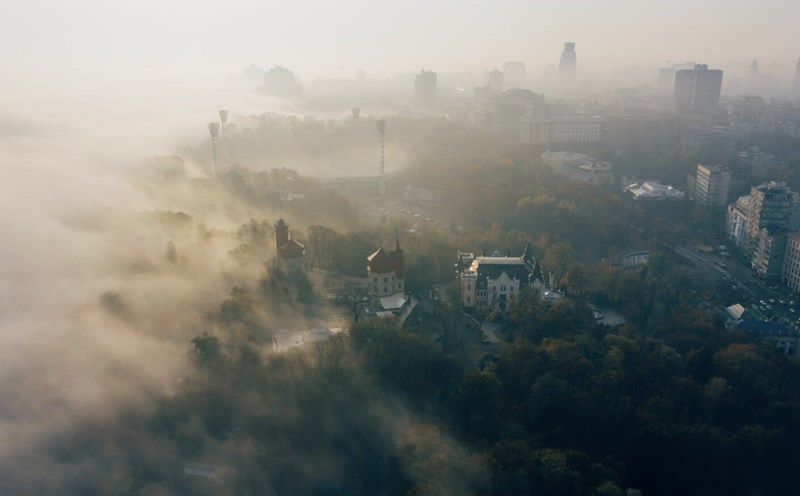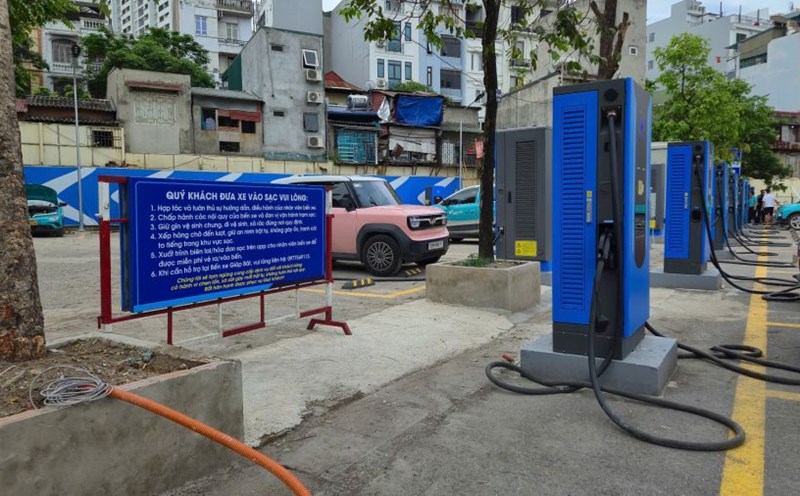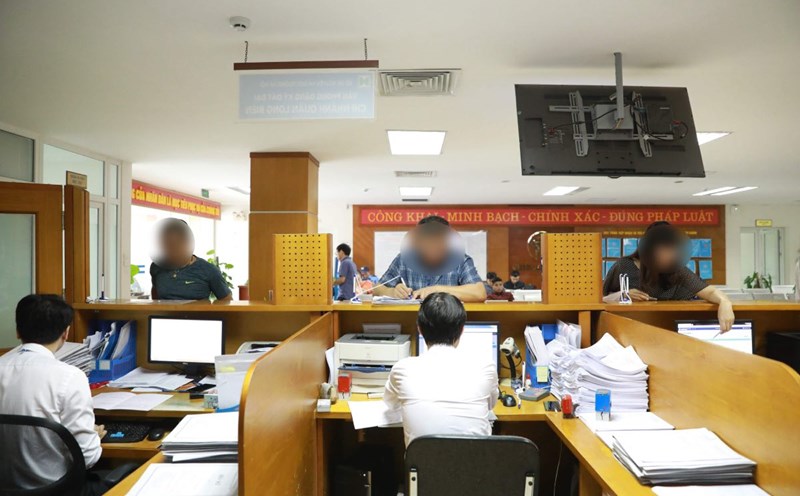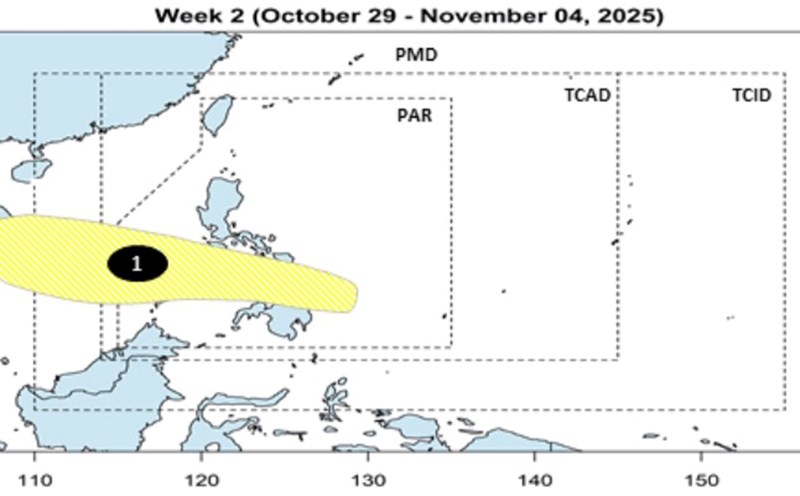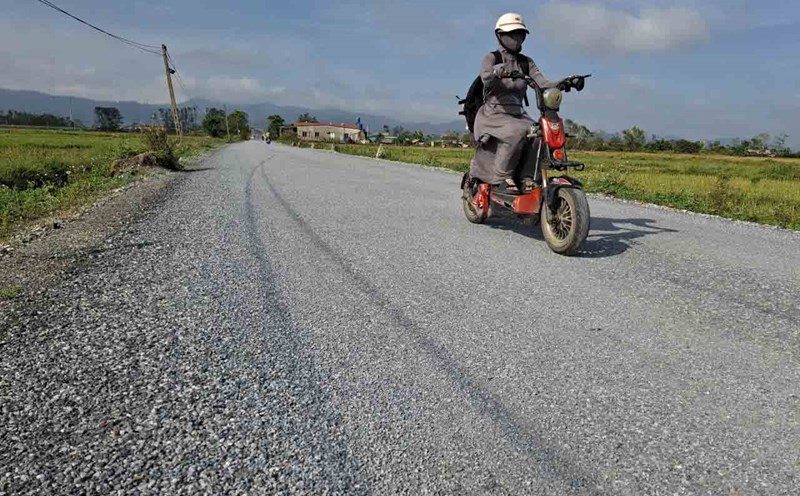Some recent reports and studies show that Vietnam is on the list of countries with high air pollution levels in Asia and the world. Major cities such as Hanoi and Ho Chi Minh City often face high levels of fine dust and poor air quality.
At the 2021 United Nations Climate Change Summit (COP26), Vietnam pledged to achieve the goal of net zero emissions by 2050.
The above commitment demonstrates Vietnam's sense of responsibility towards the international community, as well as the internal will towards a sustainable development model - a strategic step for Vietnam to deal with climate change and pollution. To achieve that goal, green transformation and low-carbon economic development are very important factors.
Green transformation comes from many fields, such as green credit, green bonds; renewable energy transformation; green transportation; green exports...
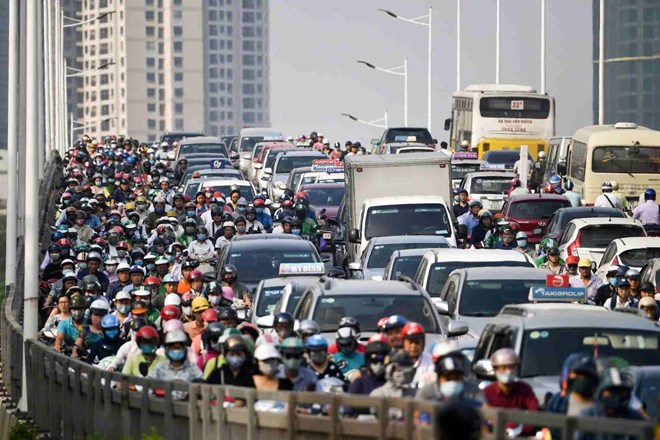
For the transport sector, the transition to green energy vehicles is considered by experts to be an important and inevitable step towards a sustainable and environmentally friendly transport system.
In recent years, the green vehicle market in Vietnam has had positive signals. Domestic and international enterprises have invested heavily in the production and assembly of electric vehicles; charging station systems have been expanded in large cities; taxi companies, delivery companies, and public transport services have begun to gradually replace fossil fuel-powered vehicles. Consumers are also increasingly interested in environmentally friendly products that save energy and cost of operation.
However, this transition still faces many challenges. Charging station infrastructure is still limited, the cost of electric vehicles is still high compared to average income, while the new tax support and incentives are at the starting level. In addition, after-use battery treatment, ensuring a clean power source for vehicle charging and building a sustainable supply chain are also issues that need to be considered synchronously.
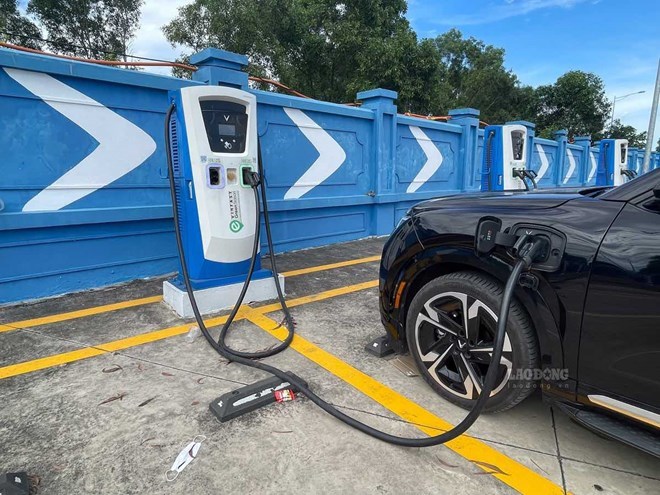
The success of the green vehicle development process depends not only on technology or investment capital, but also requires the support of people, businesses and the government.
Only when green transportation becomes a part of daily life and travel habits, when each choice of means of transport is associated with environmental protection awareness, will the goal of net zero emissions become truly feasible.
Electric trains, electric taxis or electric buses... are all just the beginning. For green vehicles to not only be the choice of some people, but become the main trend, we will have to overcome many challenges: infrastructure, costs, and the habit of travel that has taken root in life.
Opportunities have opened up, the question is: "How quickly will Vietnam grasp and move on this green transformation journey?"
To find the answer to the above question, this afternoon (October 24, 2025), Lao Dong newspaper organized a seminar on "Opportunities and challenges in developing green cars in Vietnam" so that we can better identify the opportunities and challenges when implementing this green revolution.
Guests of the seminar include: Associate Professor, Dr. Dam Hoang Phuc - Director of the Automotive Engineering Training Program, Hanoi University of Science and Technology; Dr. Khuong Kim Tao - former Deputy Chief of Office of the National Traffic Safety Committee.
At the seminar, guests will focus on analyzing, reporting, multi-dimensional assessment, and objective assessment of the current state of environmental pollution caused by vehicles traveling on the road.
Assessing the importance of green transformation in transportation for the Net Zero goal; Assessing the opportunities, challenges and difficulties in developing green vehicles in our country at this time.
The seminar will be held and broadcast live on Lao Dong electronic newspaper (laodong.vn) at 4:00 p.m. on October 24, 2025. We invite our readers to follow.

